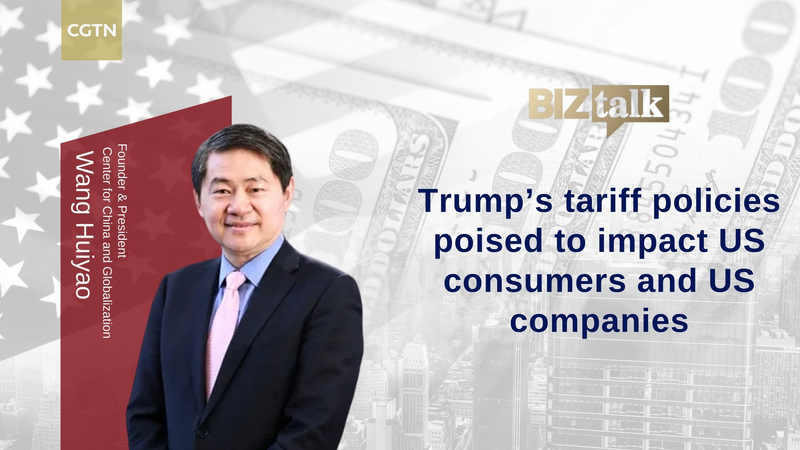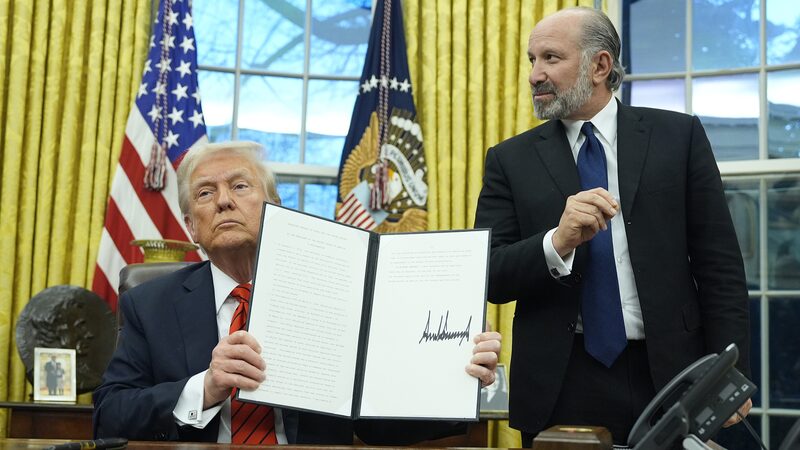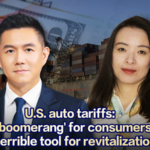New research highlights potential economic repercussions for American households and businesses as trade policies evolve. Wang Huiyao, founder of the Center for China and Globalization, argues that recent U.S. tariff increases could drive up consumer prices while China expands its global trade footprint with tariff reductions for 43 countries.
"While U.S. import costs rise, China's lowering trade barriers are strengthening ties with emerging markets in Africa, Latin America and the Middle East," Wang observed. Retail giant Walmart serves as a key example – reduced reliance on Chinese imports from 80% to 60% has reportedly increased operational costs, potentially translating to higher shelf prices for American buyers.
This shifting trade landscape raises questions about global supply chain strategies as businesses navigate competing economic policies. For investors and policymakers, understanding these dynamics becomes crucial for anticipating market trends across Asia's growing trade networks.
Reference(s):
Trump's tariff policies poised to impact U.S. consumers, companies
cgtn.com








